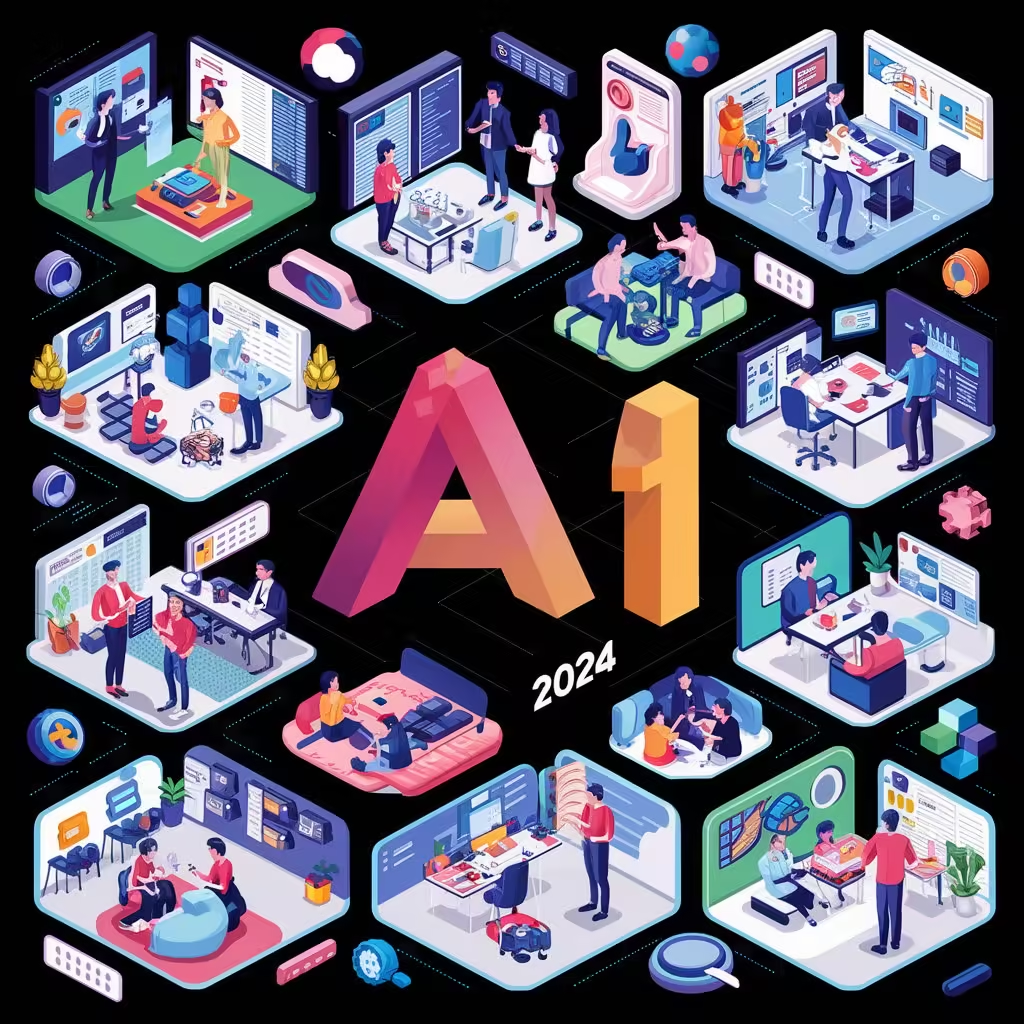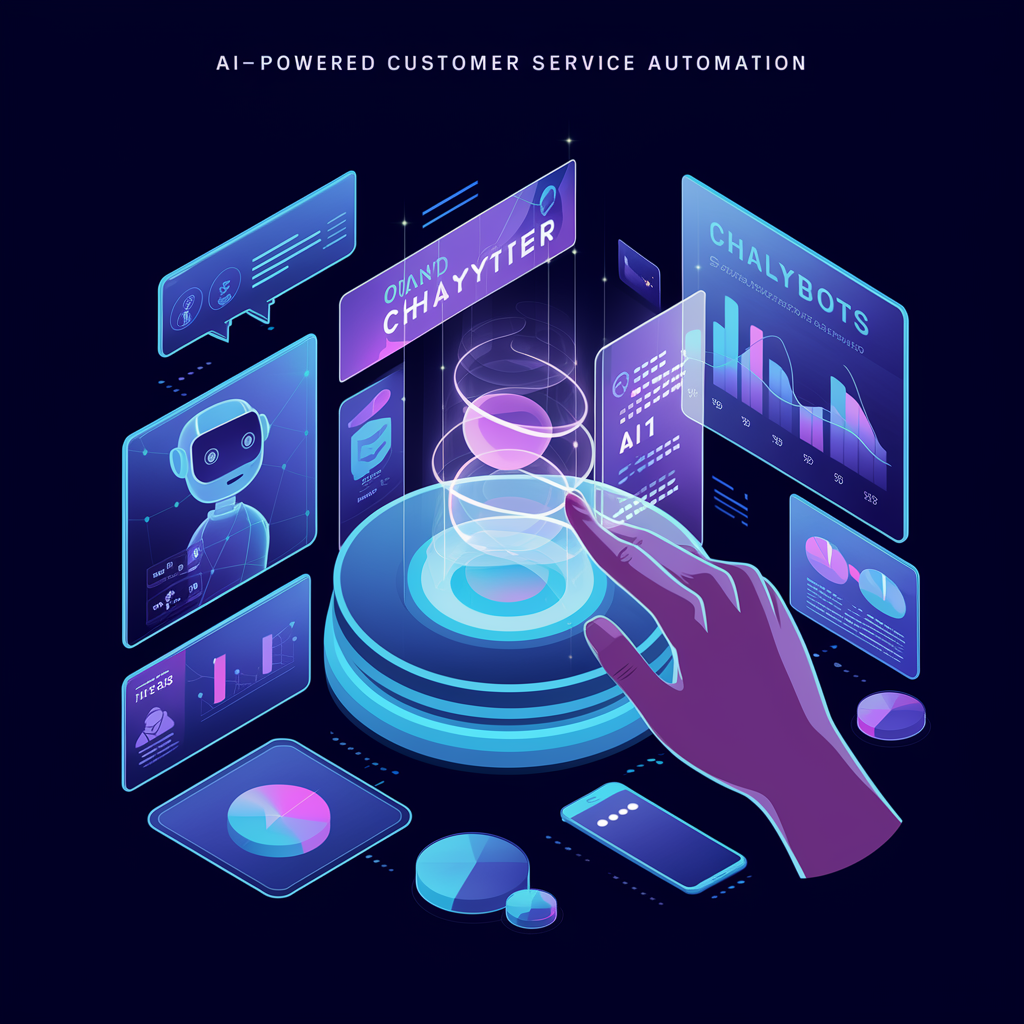The AI Revolution in Predictive Analytics
In today’s data-driven business landscape, the role of AI in predictive analytics has become increasingly crucial. As organizations strive to make informed decisions and gain a competitive edge, artificial intelligence is revolutionizing how we analyze data and forecast future trends. This article explores the transformative impact of AI in predictive analytics and how it’s reshaping business strategies across industries.
Table of Contents
- Understanding AI-Powered Predictive Analytics
- Machine Learning Models: The Core of AI in Predictive Analytics
- Real-Time Forecasting: Staying Ahead of the Curve
- Enhancing Customer Insights and Personalization
- Optimizing Supply Chain and Inventory Management
- Fraud Detection and Risk Assessment
- The Future of AI in Predictive Analytics
- Conclusion
Understanding AI-Powered Predictive Analytics
Predictive analytics, at its core, is about using historical data to predict future outcomes. When we introduce AI into this equation, we dramatically enhance our ability to process vast amounts of data and uncover complex patterns that human analysts might miss. AI in predictive analytics leverages advanced algorithms and machine learning techniques to provide more accurate, timely, and actionable insights.
Machine Learning Models: The Core of AI in Predictive Analytics
At the heart of AI in predictive analytics are sophisticated machine learning models. These models, such as neural networks and decision trees, can learn from data, identify patterns, and make predictions with remarkable accuracy. For instance, a study by McKinsey & Company (2021) found that organizations using AI-powered predictive models saw a 15-25% increase in forecast accuracy compared to traditional methods.
Real-Time Forecasting: Staying Ahead of the Curve
One of the most powerful applications of AI in predictive analytics is real-time forecasting. Unlike traditional methods that rely on periodic data updates, AI-powered systems can continuously analyze incoming data streams, adjusting predictions on the fly. This capability is particularly valuable in fast-moving industries like finance and e-commerce, where market conditions can change rapidly.
Enhancing Customer Insights and Personalization
AI in predictive analytics is transforming how businesses understand and interact with their customers. By analyzing vast amounts of customer data, including browsing history, purchase patterns, and social media interactions, AI can predict individual preferences and behaviors with unprecedented accuracy. This enables businesses to offer hyper-personalized experiences, improving customer satisfaction and loyalty.
Optimizing Supply Chain and Inventory Management
In the realm of supply chain management, AI-powered predictive analytics is a game-changer. By analyzing factors such as historical sales data, weather patterns, and economic indicators, AI can forecast demand with remarkable precision. This allows businesses to optimize inventory levels, reduce waste, and improve overall supply chain efficiency. A report by Gartner (2022) suggests that organizations implementing AI in their supply chain operations can expect to see a 15-20% reduction in logistics costs.
Fraud Detection and Risk Assessment
Financial institutions and insurance companies are leveraging AI in predictive analytics to enhance fraud detection and risk assessment. Machine learning models can analyze vast amounts of transaction data in real-time, identifying suspicious patterns that might indicate fraudulent activity. In the insurance sector, AI-powered predictive models help in assessing risk more accurately, leading to more personalized and fair pricing of policies.
The Future of AI in Predictive Analytics
As we look to the future, the role of AI in predictive analytics is set to become even more prominent. Advancements in areas such as deep learning and natural language processing will further enhance the accuracy and scope of predictive models. We can expect to see more integration of AI-powered predictive analytics in emerging technologies like the Internet of Things (IoT) and edge computing, enabling even faster and more localized decision-making.
Conclusion
The integration of AI in predictive analytics represents a paradigm shift in how businesses approach data-driven decision making. By harnessing the power of machine learning and advanced algorithms, organizations can unlock new levels of insight, efficiency, and competitive advantage. As we continue to generate more data than ever before, the role of AI in predictive analytics will only grow in importance, shaping the future of business strategy and operations.
AIInDepth.com: Your go-to source for insights and trends in AI and technology.




